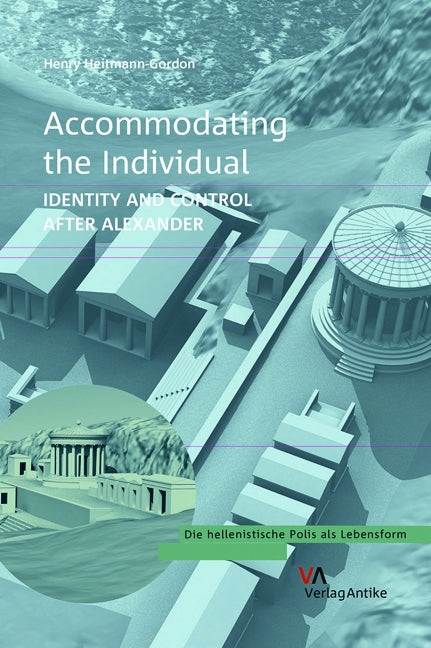How did the Greeks respond to the experiences of uncertainty that they so acutely made in the aftermath of Alexander the Great's world-changing conquest of the Persian Empire? How were old values upheld and reshaped? And how did the societies of Greek cities and royal courts accommodate the overwhelming newfound power of Greek individuals? By developing a custom methodology, this book tries to shed new light on the complex textuality of the period of the Diadochi, the successors of Alexander. In four case studies, new readings are presented of Theophrastus Characters and Xenophon's Cyropaedia, but also of the substantial early Hellenistic anecdotal material, as well as the Colossus of Rhodes. The studies are united by an interest in how these texts cast the relationships between individuals and how they constructed various media of interrelation, such as money, friendship, women and the divine. Reading these texts on these terms reveals how values were renegotiated through paradoxes and inverted stories that subtly reshaped the utopias of the 4th century BCE. Overall, the study's hypothesis is that this particular brand of social storytelling contributed to the stabilisation of the nascent Hellenistic world by providing new visions of society capable of accommodating individual power and offering a new sense of control and place.
Henry Heitmann-Gordon is Research Assistant (Assistant Professor) of the Alexander von Humbold-Professorship for Ancient History of the Near and Middle East at the Ludwig-Maximilians-University Munich.
Dr. Martin Zimmermann has been Professor of Ancient History at the Ludwig Maximilians University Munich since 2002. Studied history and German in Kiel, doctorate in 1990 and habilitation 1997 at the University of Tübingen. In 2005-2012 he was spokesman for the DFG Priority Program "The Hellenistic Polis as a Way of Life" and for the period 2005-2015 of the Research Training Group "Forms of Prestige in Cultures of Antiquity". His research focuses on ancient historiography, historical geography, forms of ruling representation and the history of literary violence and the history of the city, currently the abandoned cities in ancient civilizations. Zimmermann is a full member of the German Archaeological Institute and the Bavarian Academy of Sciences and a member of the Mommsen Society and the Association of Historians Germany.

